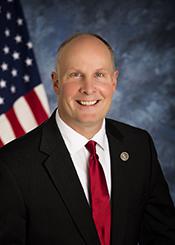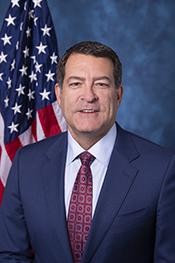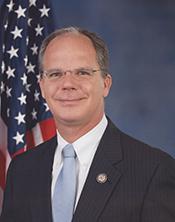H.R. 838: Academic Partnerships Lead Us to Success Act
The proposed bill, known as the Academic Partnerships Lead Us to Success Act (A PLUS Act), aims to provide states with more flexibility in managing federal education funds to enhance the academic achievement of students. Here are the key components of the bill:
Purposes of the Bill
- To give states and local communities more freedom to craft strategies that improve educational outcomes.
- To decrease the costs and regulatory burdens associated with federal education programs, allowing more resources to focus on enhancing academic achievement.
- To hold states and communities accountable for improving educational outcomes, particularly for disadvantaged students.
Definitions
Key terms defined in the bill include:
- Accountability: Refers to public schools being responsible for their financial management and regularly reporting student progress to parents and taxpayers.
- Declaration of intent: A formal statement by a state to manage federal funds for specific educational programs aimed at improving education policy.
- State Authorizing Officials: State officials who will oversee the submission of the declaration of intent, including the Governor and top education officials.
Declaration of Intent
States can submit a declaration of intent to the Secretary of Education, allowing them to combine federal funding for various educational programs. Key points include:
- States may include any eligible program under the Elementary and Secondary Education Act, excluding those funded under the Individuals with Disabilities Education Act.
- Funds could be used for any education-related purpose allowed by state law.
- States must remove barriers that hinder the consolidation of funds from various sources.
Accountability and Reporting
States operating under this act would be required to:
- Inform parents and the public about their student assessment systems and overall student performance.
- Establish an accountability system to ensure compliance with the act.
- Provide annual reports detailing student progress and how federal funds were used to enhance educational opportunities.
Limitations on Administrative Costs
The bill limits the amount states can spend on administrative expenses related to this consolidation:
- Generally, these expenses are capped at 1% of the total federal funds received.
- If a state’s declaration excludes part A of title I of the Elementary and Secondary Education Act, the cap increases to 3%.
Equitable Participation of Private Schools
States must ensure that private school students and teachers are included in the benefits provided under the declaration of intent, mirroring the participation requirements set forth in federal law.
Duration and Review
The declaration of intent can last up to five years and must be reviewed by the Secretary of Education within 60 days of submission. If no action is taken, the declaration is automatically approved.
Relevant Companies
None found
This is an AI-generated summary of the bill text. There may be mistakes.
Sponsors
4 bill sponsors
Actions
2 actions
| Date | Action |
|---|---|
| Jan. 31, 2025 | Introduced in House |
| Jan. 31, 2025 | Referred to the House Committee on Education and Workforce. |
Corporate Lobbying
0 companies lobbying
None found.
* Note that there can be significant delays in lobbying disclosures, and our data may be incomplete.
Potentially Relevant Congressional Stock Trades
No relevant congressional stock trades found.



